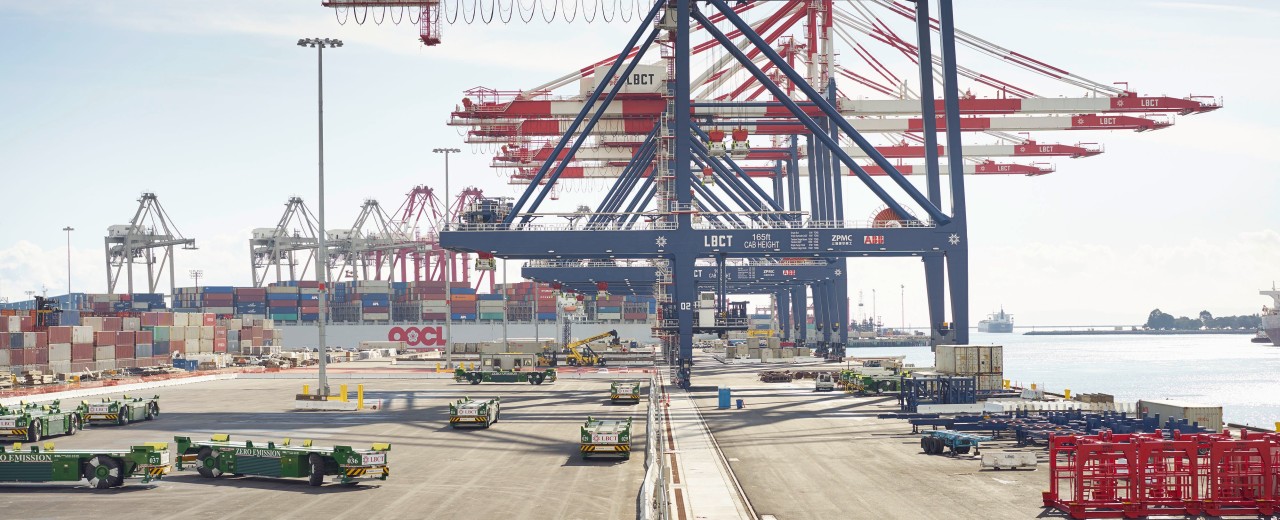Economy
Comments of KfW Research
15.04.2025 │ Bank Lending Survey Deutschland Q1 25, April 2025

„The fragile economic situation due to U.S. tariff policy is also leading banks to remain cautious in their lending practices. After already tightening their credit standards at the end of the year, banks have further tightened their requirements in the first quarter of 2025, according to the recently published Bank Lending Survey. The banks' assessment aligns with our analysis of the KfW-ifo Credit constraint indicator– a company survey on the access to credit. During the same period, a record share of medium-sized enterprises reported obstacles to obtaining credit. Additionally, an above-average number of large companies perceived restrictions from banks. The complex trade policy landscape and uncertain economic outlook are likely to further increase banks' risk assessments regarding companies. Furthermore, the recent severe turbulence in financial markets and the decline in market confidence may have reminded banks of liquidity risks, which continues to justify cautious lending practices.”
Dr Jenny Körner
German Economy / European Economy
KfW Business Cycle Compass Germany / Eurozone
The German economy is struggling to get any wind in its sails
25 February 2025
The German economy is currently getting some lift from the monetary easing and higher real wages. Still, consumption remains subdued and investment is still muted. The threat of tariffs from the US is also clouding the outlook for exports. All in all, the sawtooth-shaped business cycle is likely to continue for the time being. KfW Research now expects GDP to fall again slightly by 0.2% this year. Real growth should pick up again moderately to 0.3% in 2026. Euro area GDP is likely to grow by 0.6% in 2025 and 0.8% in 2026. Inflation (HICP) will likely hit 2.2% in the euro area and 2.4% in Germany in 2025 as a result of persistent services inflation. It should fall to 2.0 and 2.2% in 2026.

KfW-ifo SME Barometer
SMEs play a decisive role for the growth and prosperity of an economy. Using its unique surveys, studies and statistics, KfW Research analyses the needs of SMEs in Germany. The KfW-ifo SME Barometer indicators are based on a scale-of-enterprise evaluation of the ifo economic surveys, from which the well-known ifo business climate index is calculated, among others. Around 9,500 businesses, including around 8,000 SMES, from manufacturing, construction, wholesale, retail and services (excluding lending, insurance and state) are polled monthly regarding their economic situation.
SME sentiment in Germany brightens, driven by expectations
9 April 2025
SME business sentiment showed a decent jump in March, climbing 3.9 points to -17.6 balance points. This was mainly due to the significant rise in business expectations. It is likely a reflection of the hope for strong fiscal impetus from the financial package for infrastructure and defence adopted in March. However, the improvement in sentiment is under threat again already during the current month from the massive tariff increases announced by the US on 2 April.

Contact
KfW Research, KfW Group, Palmengartenstrasse 5-9, 60325 Frankfurt, Germany, research@kfw.de



Share page
To share the content of this page with your network, click on one of the icons below.
Note on data protection: When you share content, your personal data is transferred to the selected network.
Data protection
Alternatively, you can also copy the short link: https://www.kfw.de/s/enkBbw3W
Copy link Link copied